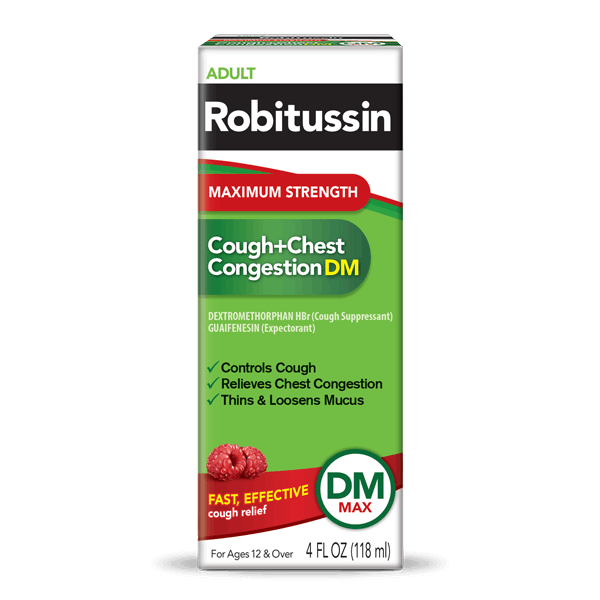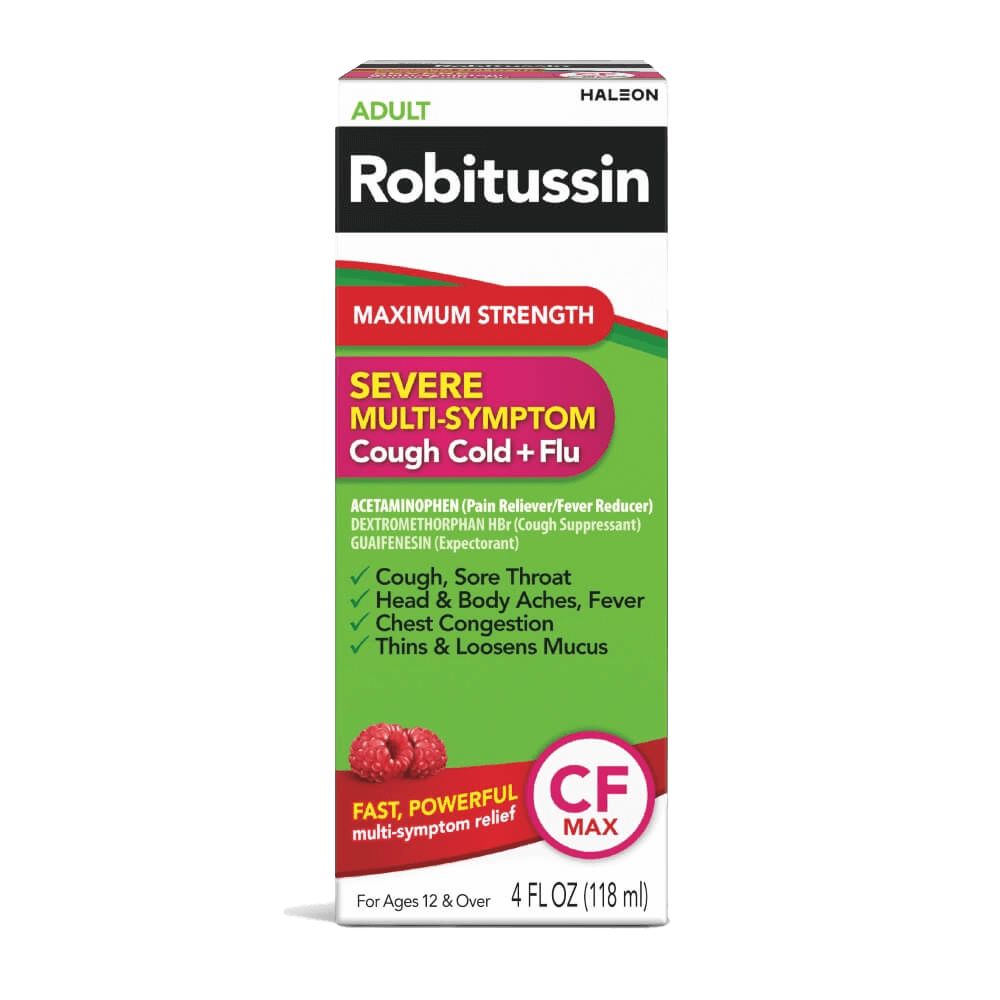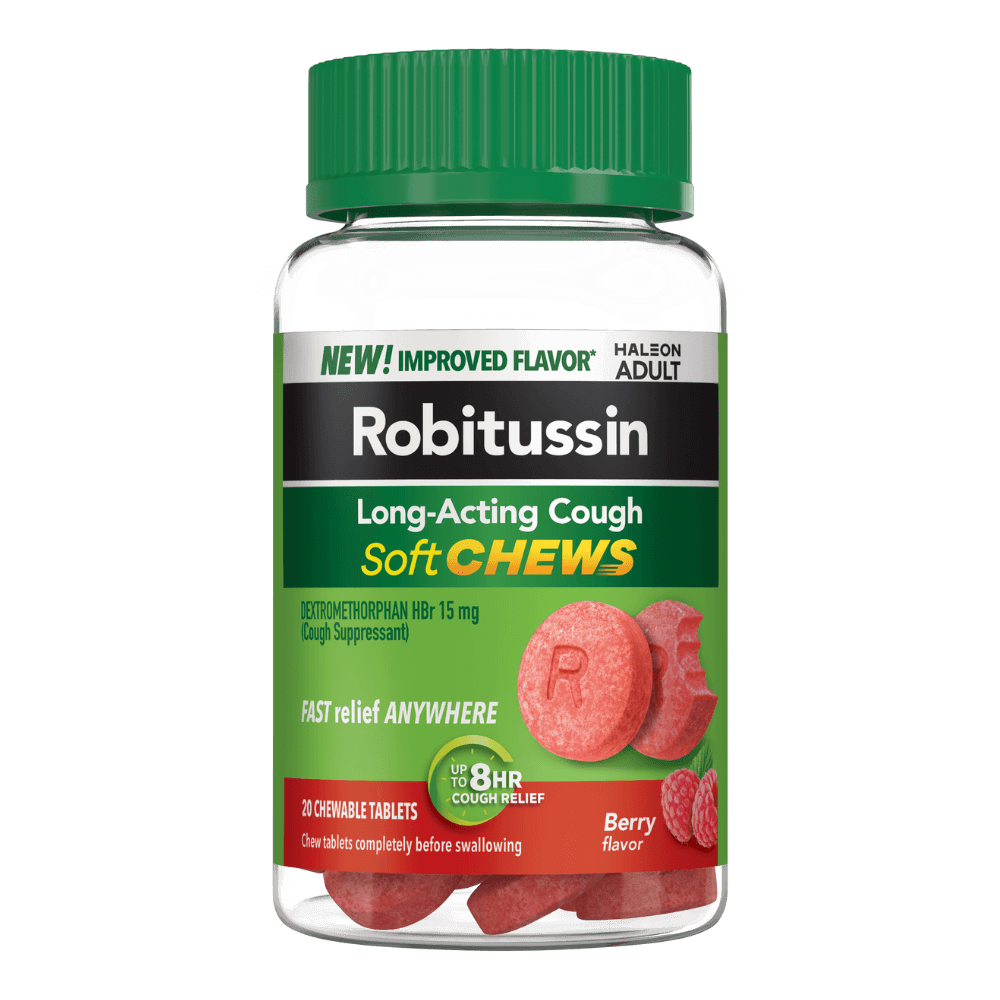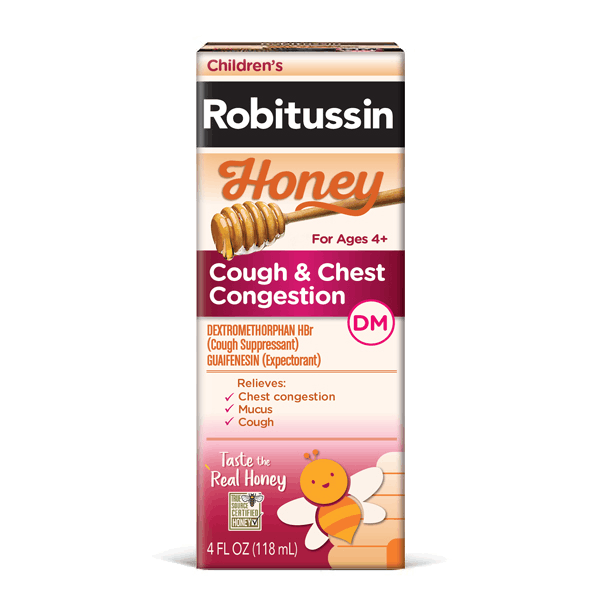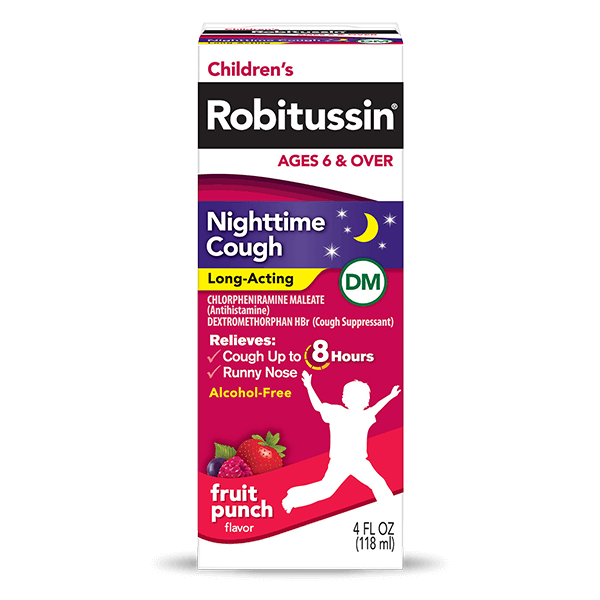How to Pinpoint the Cause of Your Dry Cough
It can be an incredibly frustrating experience to have a coughing fit. Not only does your throat hurt, but you may feel as though you’re choking on air. You haven’t had a cold or anything, so what’s causing your unproductive cough? Learn how to pinpoint the cause of your dry cough and how to manage it effectively.

What Causes Coughing?
A cough is a reflex reaction by your body to aid breathing by keeping your airways free.1 A dry cough, sometimes referred to as an “unproductive” cough, is the opposite of a wet, or “productive” cough. A wet cough is one that clears the airways by bringing up phlegm or mucus, and a dry cough does not.1
Not knowing the cause of your cough can be frustrating. In fact, a cough is the most commonly reported symptom in most doctors’ offices.1 Wet and dry coughs are associated with different conditions, as some are related to an excess of mucus and some may be related to other health issues involving breathing or certain viruses.
Finding the Cause of Your Dry Coughing
While you may need to visit your doctor or a healthcare professional to know for certain, learning the common potential causes of dry coughing can help you narrow down some of your symptoms and inform you if any OTC treatments can help.
Allergies
If your dry cough is caused by allergies, you may notice that you’re coughing more during certain times of year, in specific environments, or near particular stimuli like pet dander.2 An allergy cough is caused by your body’s immune response to an allergen, which may trigger swelling or irritation in your airways.2
If your dry cough becomes more persistent when you’re around triggers like dust or mold, you may want to talk to your doctor about getting tested for allergies, so that you can better manage them.2
Postnasal Drip
If you feel a near-constant tickle in the back of your throat and constantly feel compelled to clear your throat, you may be experiencing postnasal drip.3 Normally, mucus drips harmlessly down the back if your throat and mixes with your saliva, but if it feels like it’s gathering in your throat, you’re likely experiencing postnasal drip, which can lead to an irritated throat and a cough.3
The causes of postnasal drip are varied. Allergies are the most common reason for this condition, and talking to an allergist can help manage symptoms.3,4 Another cause is a deviated septum, which means that the cartilage between your nostrils is crooked. This condition makes one nasal passage smaller than the other, and this can prevent mucus from properly draining.3
If you’re unsure what could be causing your chronic, unproductive cough, talk to your doctor or healthcare professional and get their opinion.
Solutions for a Dry Cough Caused by a Cold
Treating a dry cough usually means treating its underlying cause, which is why a proper diagnosis is so important.5 Thankfully, there are a few things you can do at home to stay comfortable and find relief, especially if your dry cough caused by a cold is also accompanied by a sore throat:5
- Stay hydrated and drink plenty of liquids.
- Use a humidifier to moisturize your throat.
- Take a spoonful of honey to help coat your throat – but never give honey to children under the age of 1 year of age.
Another option is to try over-the-counter medications that contain an antitussive or cough suppressant, like dextromethorphan.6 This active ingredient works by decreasing activity in the part of the brain that activates the coughing reflex.6 It is commonly taken on an as-needed basis, and it may appear as a capsule, a dissolving strip, a liquid, or a lozenge.6 Dextromethorphan is a common ingredient in Robitussin products due to its ability to minimize the triggering of the cough reflex.
A dry cough can be incredibly frustrating and the best way to pinpoint its cause it by talking to your doctor. Thankfully, there are steps you can take to find relief and stop your unproductive cough from taking over your life.
Source Citations:
- Cough. Cleveland Clinic. https://my.clevelandclinic.org/health/symptoms/17755-cough. Accessed 8/17/23.
- Allergy Symptoms: Cough. American College of Allergy, Asthma, & Immunology. https://acaai.org/allergies/symptoms/cough/. Accessed 8/17/23.
- Postnasal Drip. Cleveland Clinic. https://my.clevelandclinic.org/health/diseases/23082-postnasal-drip. Accessed 8/17/23.
- How to Deal With That Nagging Cough. University of Missouri. https://www.muhealth.org/our-stories/how-deal-nagging-cough. . Accessed 8/17/23
- Dry Cough and Chest Tightness. Cleveland Clinic. https://my.clevelandclinic.org/health/symptoms/21888-dry-cough-and-chest-tightness. Accessed 8/17/23.
- Dextromethorphan. MedlinePlus. https://medlineplus.gov/druginfo/meds/a682492.html. Accessed 8/17/23.
